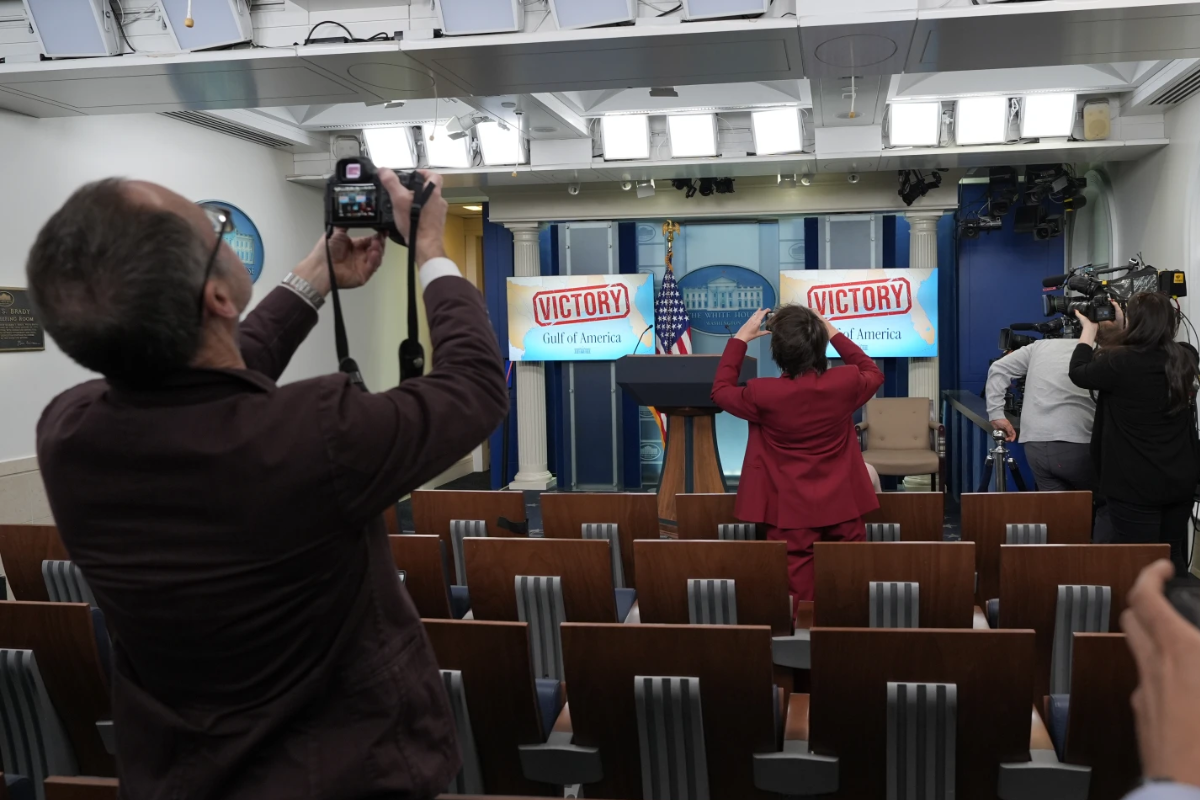A federal judge has rejected the Associated Press’s request to immediately restore its White House press access after a journalist’s credentials were revoked. However, the judge urged the Biden administration to reconsider its decision, citing concerns over press freedom and transparency.
“The government must ensure that press access decisions are fair and consistent,” the judge stated in the ruling. The decision follows weeks of legal battles after the White House Press Office suspended an AP journalist’s access for undisclosed reasons.
The Associated Press had argued that the revocation violated First Amendment rights and hindered the free flow of information. The Biden administration defended the move, claiming it followed standard security protocols.
White House press credentials are essential for journalists covering the president and key policy developments. Losing access limits a reporter’s ability to ask questions and attend official briefings.
The case has drawn criticism from press freedom organizations and media watchdogs. They warn that restricting journalists’ access can set a dangerous precedent for government control over the media.
“The White House must uphold press freedom,” a spokesperson for the Committee to Protect Journalists said. He urged the administration to restore access to ensure transparency.
While the judge declined to order immediate reinstatement, the ruling leaves room for further legal action. AP lawyers are considering additional steps to challenge the decision.
The White House has not provided specific reasons for revoking the journalist’s access. Some reports suggest it was related to security concerns, but no official statement has been given.
Press access to the White House is typically granted through a credentialing process overseen by the Secret Service. Revocations are rare and usually involve clear violations of conduct or security breaches.
Legal experts say the case raises important questions about government control over media access. They argue that denying a journalist access without explanation could be seen as politically motivated.
“Transparency is key in cases like this,” a constitutional law professor said. He noted that restricting press access without clear justification could be challenged under constitutional law.
The AP has called for a full review of the White House’s credentialing policies. The news organization argues that arbitrary decisions can undermine the public’s right to information.
Several media organizations, including The New York Times and CNN, have expressed support for the AP. They emphasize that limiting press access affects the entire industry, not just one journalist.
The Biden administration has faced criticism over its media policies, particularly its handling of press conferences and interviews. Some journalists claim that access has become more restricted under this administration.
The White House has defended its policies, saying they are designed to ensure security while maintaining open communication. Officials insist that no journalist is being unfairly targeted.
The ruling does not end the dispute, as the AP may still pursue further legal action. Press freedom advocates will closely monitor how the White House responds in the coming weeks.
If the AP escalates the case, it could set a precedent for future press access disputes. The outcome may influence how administrations handle media credentials going forward.
For now, the journalist remains barred from the White House press room. Whether the administration reconsiders its decision remains uncertain.
The case highlights ongoing tensions between the government and the press. The balance between security and transparency will continue to be a key issue in future press access debates.



